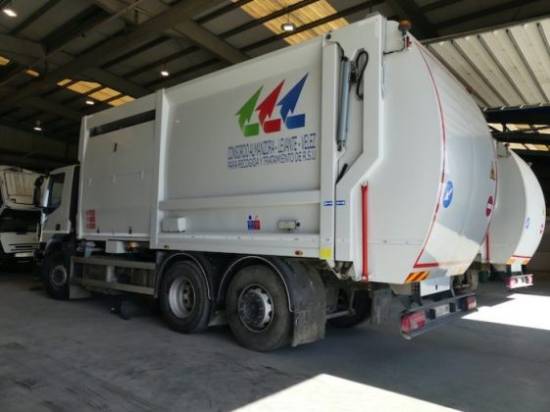
In the next rubbish bill, the residents of the Almanzora Region, Los Vélez and Levante will have to pay an increase of 30 percent, which translated into figures, means that they will go from paying 39.90 euros to 51.40 euros.
The reasons are public and have a national scope, as this increase will occur throughout the country, as a result of a law, the 7/2022 of 8 April on polluting soils, approved just over a year ago, under the presidency of Pedro Sánchez, in compliance with a regulation imposed by the European Union.
You only need to go on the internet and search for «Pedro Sánchez’s tax on rubbish» to see the different cities and provinces across the country where the increase can reach 100 percent of what is currently paid.

Salamanca, Ciudad Real, Córdoba and Granada are just a few examples that can quickly be seen, despite the fact that some people insist on blaming local consortiums or municipalities.
What is certain is that Law 7/2022 is of state scope and is based on European legislation based on the idea that «the polluter pays», a law that regulates the tax on landfills, transport and waste deposits. The tax burden will thus fall on all residents, because although «the polluter pays», those who recycle will pay the same as those who do not, or those who generate more waste or less waste.
The situation in our area
The president of the Almanzora-Levante-Vélez Consortium and mayor of the municipality of Olula del Río, Antonio Pascual, explains the situation in detail.
First of all, says Martínez Pascual, the law says that the waste collection service has to be paid for by the residents. Very well, the price of the fee is calculated according to the cost of the service. We (the Consortium) have carried out a cost study, carried out by the University of Granada, which showed that the cost of the service in the year 2022 was 18 million euros. However, in order to comply with the waste law enacted by the government of Pedro Sánchez and fulfil all the obligations contained therein, in 2024, the cost of the waste collection and treatment service will rise to 23.5 million euros, i.e. 5.5 million more.
The president of the Consortium assures that «an increase was approved in the assembly, which will be effective now (it will be seen in the next bill), as a result of Law 7/2022 on waste and contaminated soils, a law enacted by the Spanish government in 2022.
This implies the application of a tax on something that is already paid in the current bill, because it includes treatment, collection and landfill tax for waste that cannot be recycled. Well, Law 7/2022, which is obligatory, obliges us to pay 30 euros per tonne, which translates into two million euros per year which is charged to the coffers of the consortium.
The same law, continues Martínez Pascual, also obliges us to have a separate collection of organic material, which implies the imminent incorporation of brown containers, an action which has an annual cost of one and a half million euros.
To this we must add the CPI, which, like any contract, updates the rates we pay to the concessionaire. This year (2023), the CPI is around 5.7 percent, a product of the increase in the cost of living for Spaniards. We all know how much oil, bread and petrol have risen, and this is also a problem for the national government, which is incapable of containing the inflationary escalation. The truth is that the update of the CPI implies a rise of another two million euros.
«Implementing the organic bin has a cost of 500,000 euros. That is where the 5.5 million euro gap comes from, which is obligatorily passed on to the pockets of the residents», concludes the president of the Almanzora, Levante, Vélez Consortium.
